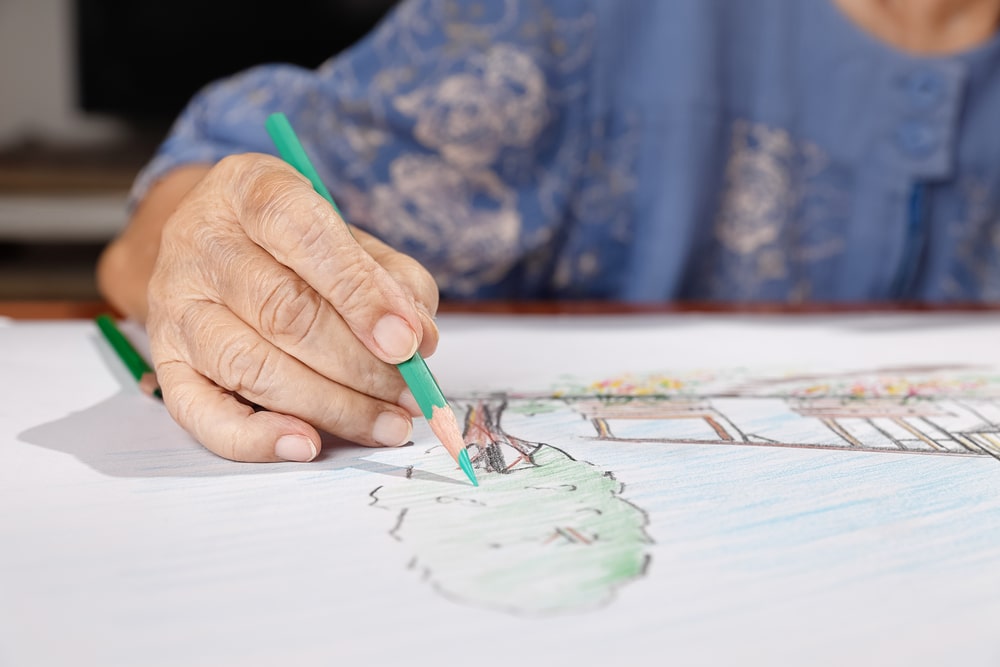Do you have a midlife crisis?
All of us have heard about the midlife crisis. This is a rather common concept, and it is so widespread that it has been the plot of numerous movies, books, and TV shows. But this is not just something you see in fiction. The midlife crisis is real, and you’ve probably seen it when people start quitting their jobs or getting divorced.
But even if this is a thing that is incredibly popular and challenges many people, this is not a mental health diagnosis. Even more, experts are still debating whether the midlife crisis is something real or not.
What is clear, though, is that the age group between 40 and 60 suffers a sudden drop in happiness. And there are also statistics from the Centers for Disease Control and Prevention (CDC) that back this up and tell us that those who are part of this age group have the highest rates of depression.
But a midlife crisis is not the end of a happy and fulfilling life. You can still be yourself and improve the way you feel by learning a few easy and useful strategies.

1. Make some time to learn something new
A midlife crisis can truly mess with your life and your habits, but some small changes here and there can put you back on track in no time.
One of the things that can help you and boost your well-being is learning something new. There are many studies that show that this is a great way of dealing with a midlife crisis, and it also has other important benefits like keeping your brain active, giving you a sense of accomplishment, and finally giving you something to be excited about.
But if you don’t know where to start, you need to know that when we say you can learn something new, we mean literally anything. A new language, a new musical instrument, a new sport. Anything counts, and mental health professionals believe that this is an amazing way to take some time for yourself and have a break.
If you are not the type that likes to stay inside the house, a good place to start is the local community college. Here, you can find a bunch of courses for those who are eager to learn new skills.
2. Your love life is important
Many times, the midlife crisis comes with relationship and marriage difficulties. Therapists say that the rate of divorces and affairs is higher. This happens because the romance that was once strong and gave life to the relationship cools down.
But this decline in romantic relationships is not the signature of a midlife crisis. This is something that happens, but it is not meant to also happen to you and your partner.
If you feel like the relationship and the dynamics within it change, you can take a step back and think about what you want from life—from yourself and also from your partner. This is an essential part of this process and will help you figure out what you should do from now on.
If you decided that you wanted to remain with your partner, this might be a great time to do activities together that would make your relationship even stronger. Learn how to celebrate each other, and all of these small things will make the bond between the two of you more powerful. Go on dates, plan a romantic escape in a new city, do new activities together, and try to have a happy life.
If you split from your long-time partner, you might want to start dating again. The midlife crisis should not stop you from doing this. Maybe you used to see someone casually; now it’s time to go for it and try something more serious. Also, you can download a dating app and see what happens next.
3. Focus on yourself
A rather common occurrence in the midlife crisis among many people is to report burnout. In the 40- to 60-year-old time frame, there are many things that are happening, and all of them can be extremely successful.
Maybe you are taking care of children or grandkids; maybe you need to stay with a sick parent; or maybe you are struggling with financial hardship. All of these things are exhausting, and dealing with them can change your life.
And when someone is depending on you, it is common for people to feel like it is selfish to take time for themselves. This leads to burnout, and if you don’t take care of yourself, this can further lead to depression.
The secret is to take time for yourself, no matter what. You are not selfish for doing that. You need that time, and those around you need you to be happy and fulfilled. So, put yourself first from time to time and ask yourself what you really need. Take care of your needs, and you will see how this is beneficial for your overall health.
4. Go outside and explore the outdoors
Believe it or not, this is a great method to keep yourself happy during a midlife crisis. Doctors and therapists suggest that spending time outside your home has great benefits, and this is why when they have patients who struggle in midlife, they advise them to take some free time and go out for a walk.
Now don’t imagine that you will have to go into the forest or the mountains, even if this would be nice and relaxing. You can simply go for a walk around the neighborhood a few times a week, and this should give you a boost of dopamine.
If you want to go further and go out on the weekend for a hike, or if you just want to spend more time in nature, just go for it. Bring your partner with you or a friend, and in this way, you will have more motivation. Or you can go alone if you want to have time to clear your mind.

5. Consider therapy
Maybe you already know about this, but if the midlife crisis gets the best of you, one good idea is to start going to therapy. This might be hard in the beginning, but after a while, when you see the results, you will be thankful for this decision.
Now, not everyone needs to go to therapy. This is something that comes within yourself, and if you feel like this is an approach that can help you, listen to your inner voice and take action.
Therapy can help you look at past events and your feelings through a different lens. It can help you manage stress better and also help you create some headspace that will allow you to think about the future. These are all things you need in your life if you are struggling with a midlife crisis.
Moreover, as we already said earlier, between 40 and 60 years, there are many life events that can take place. From divorces and marital difficulties to death and illness, these are all things people have to go through, and therapy can be your way to learn how to deal with them.
Don’t forget that the therapist is a specialist who is qualified to help you and guide you through your feelings and thoughts.
If you want to start meditating and learning a few mindfulness techniques, this book might be the best place to start: Mindfulness in Plain English
You should also read: 10 Tips to Improve Your Biological Age and Reverse Aging











Leave a Reply